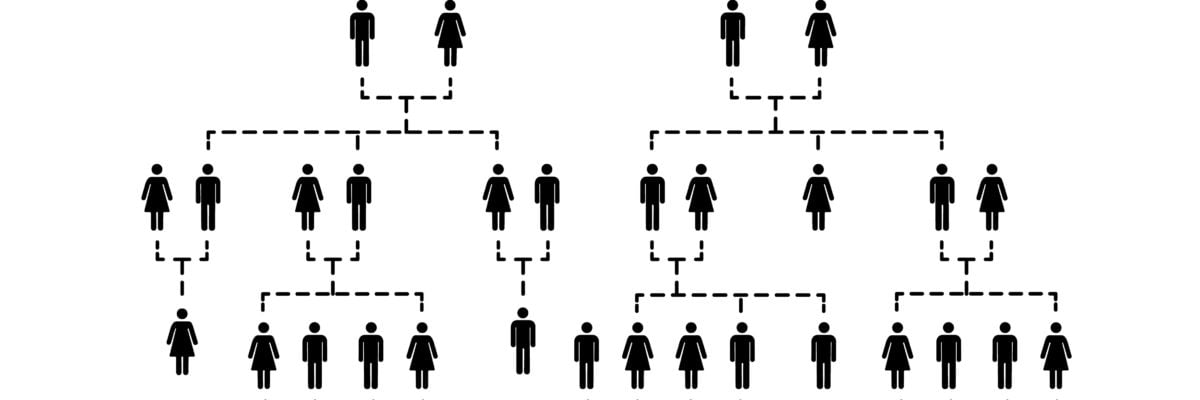
DAY 162
CHALLENGE
“Matthew’s genealogy of Jesus contradicts Luke’s. Matthew says Shealtiel’s father was Jeconiah, while Luke says it was Neri (Matt. 1:12; Luke 3:27). Similarly, Matthew says Joseph’s father was Jacob, while Luke says it was Heli (Matt. 1:16; Luke 3:23).”
DEFENSE
There are multiple explanations, given how Israelite genealogies worked.
Hebrew and Aramaic didn’t distinguish between fathers, grandfathers, and so on. All male ancestors were called “fathers” (see Day 106). Consequently, since one person can be descended from another by more than one line (see Day 85), both Jeconiah and Neri could have been Shealtiel’s “father” (male ancestor) if one genealogy skipped a generation. The same is true of Jacob and Heli with respect to Joseph.
Alternately, adoption (legal rather than biological descent) may have been involved. Shealtiel may have had a legal and a biological father. The same is true of Joseph. This is particularly relevant because of the levirite marriage custom, which required that if a man died childless, his brother was to marry the widow and father a son who was legally attributed to the line of the dead man (Deut. 25:5–6). The levir (Latin, “brother-in-law”) thus supplied a son for his deceased brother. Given the ancient mortality rate, this situation was common. It is not surprising if it occurred more than once in the millennium between David and Jesus in their family tree.
It may have happened with respect to Shealtiel, and we have early testimony that it did happen with respect to Joseph. Early Christian writer Julius Africanus (c. A.D. 160–240) reported a tradition from Jesus’ surviving relatives in his day regarding the fatherhood of Joseph.
According to Jesus’ family, Joseph’s grandfather Matthan (mentioned in Matthew) married a woman named Estha, who bore him a son named Jacob. After Matthan died, Estha married his close relative Melchi (mentioned in Luke) and bore him a son named Heli. Jacob (mentioned in Matthew) and Heli (mentioned in Luke) were thus half brothers. When Heli died childless, Jacob married his widow and fathered Joseph, who was biologically the son of Jacob but legally the son of Heli (see Eusebius, Ecclesiastical History 1:6:7).
Regardless of which explanation is true, the fact that multiple ex-planations exist indicates that no contradiction has been shown.



